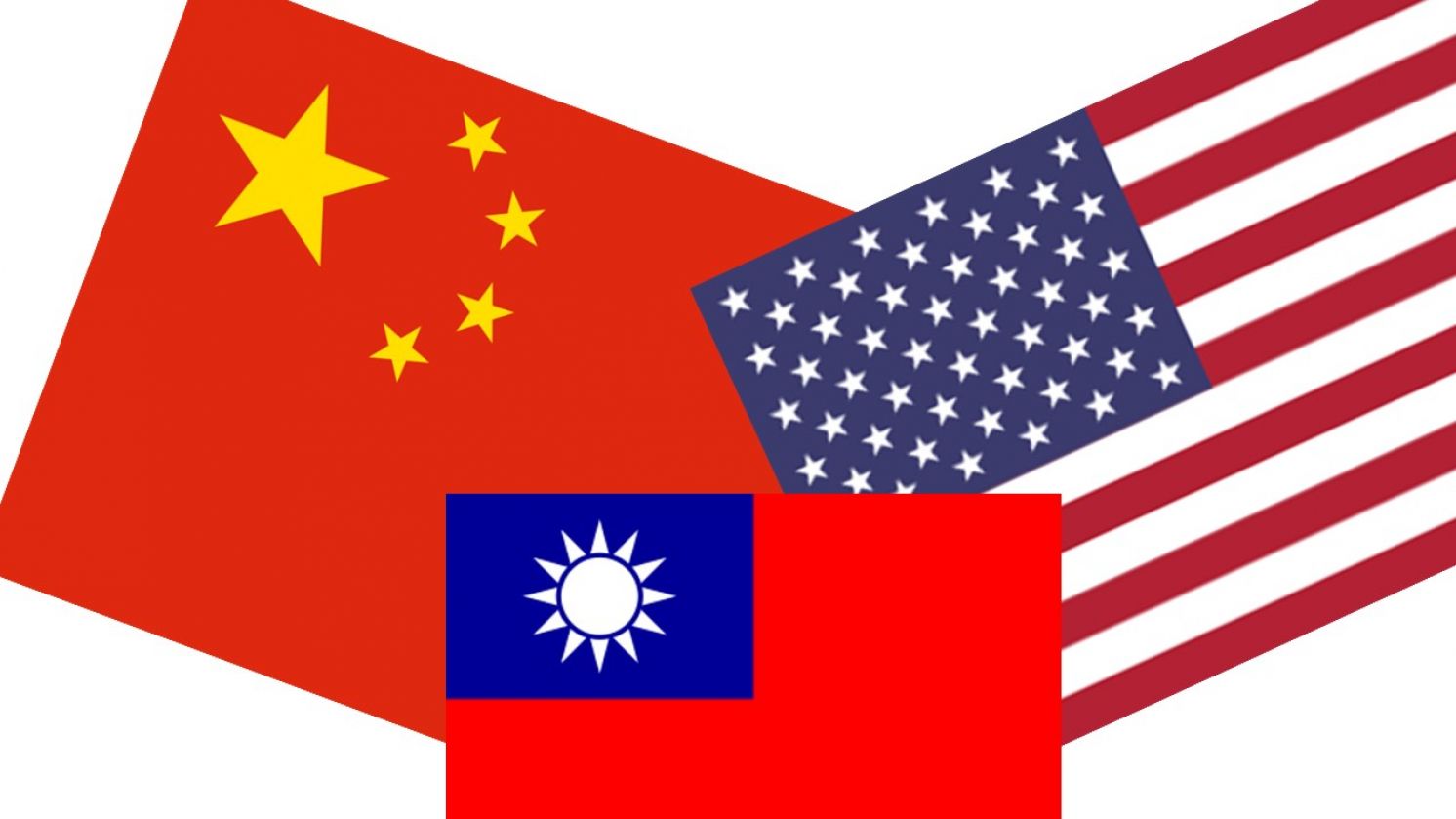
Pro-U.S., Anti-China Policy May Not Convince Popular Opinion
China Times Editorial, September 25, 2020
The administration of President Tsai Ing-wen adopted its pro-United States, anti-China policy, straining the relations across the Taiwan Straits. However, under the wave of populism, the path of extremism had, on the contrary, made the popularity of the Democratic Progressive Party (DPP) administration rise. In August, in almost all opinion polls, the approval rates of the president and the premier jumped to between 60 percent and 70 percent, making President Tsai so confident as to lift the ban on the import of American pork and beef without any social communication. However, public opinion was not alone. According to the latest TVBS survey, as high as 64 percent of the respondents opposed the opening of importation of American pork containing ractopamine, while only 22 percent support it. And President Tsai's satisfaction rating also dropped by 4 percent, while his dissatisfaction rating surged by 9%.
Whether the importation of pork containing ractopamine should be liberalized was related to people's health. It was really a livelihood issue, and had nothing to do with ideology or global strategy. However, President Tsai, together with officials at different level and the DPP legislators, has been playing the "international status card" and the "anti-China card", saying that opening up the import of American pork containing ractopamine from the United States would win stronger support from this exporter. As a result, Taiwan’s international status would be upgraded and its capability to "confront China" would be strengthened. However, according to a TVBS poll, even if we could grab the "U.S.-Taiwan Free Trade Agreement" to enhance our international status, more than half of the respondents still disagreed with the said import liberalization, with only more than 30 percent saying yes.
The fact that the DPP's "international card" had failed did not mean that people do not support the United States, or that they thought they should be anti-U.S., but that they were unwilling to pay the price of food security. This was the crux of the issue that the DPP did not dare to explain to the public: What is the price to pay for being pro-US and anti-China? Can it pay off?
The United States would conceive that charity does not lead to hegemony. After World War II, America was at its peak while other countries were devastated by the war. America was selfless in its foreign aid to its allies. Japan and Western European countries, supported by the United States, quickly revived and formed an anti-communist alliance to contain the Soviet Union. But when the American economy deteriorated in the 1960s, Washington began to demand that its allies' currencies appreciate. Consequently, America, Japan, Britain, France, and West Germany signed the Plaza Accord in 1985. Three years later, The U.S. dollar devalued in relation to the Japanese yen, German mark, French franc, Italian lira, British pound, and Canadian dollar. As a result, the U.S. dollar had secured its hegemonic position. Japan, on the other hand, experienced the economic bubble and bubble burst. Now the administration of President Donald Trump has gone one step further by asking its allies to share military costs, arguing that the United States has provided resources, military spending and manpower to maintain world order and sea lane security, and that it was unfair to the United States due to the fact that its allies were paying too little.
The said American practice now applies to Taiwan. When the United States believed that it could help the Tsai administration pursue its intransigent policy toward China and upgrade Taiwan’s international status by sending the Secretary of Health and Human Services Alex Azar and the Undersecretary of State Keith Krach to Taiwan, especially when Taiwan intended to improve U.S.-Taiwan relations and increase the arms sales to Taiwan, then Taiwan should reciprocate by opening up its imports of pork containing ractopamine and by reducing its trade surplus with the United States.
What the United States gave was only a lip service. It seems that Taiwan had won, but actually it lost. According to an opinion poll on cross-strait relations conducted by the Chinese Public Opinion Research Association in mid-August, nearly 40 percent of the people thought cross-strait relations were getting worse, but Tsai still received a satisfaction rating of more than 60 percent. The poll indicated that people in Taiwan were willing to give the Tsai administration a chance, but they might not seek to sacrifice food safety and cross-strait relations instead.
The DPP administration has been in power for four years. Against the backdrop of global trade recession, cross-strait bilateral trade volume from January to August reached $158.928 billion, up 10 percent from the same period last year. To maintain the status quo on both sides of the Taiwan Strait is the mainstream public opinion. The general public is not willing to break off cross-strait economic and trade ties. They don’t even wish to see a war break out between mainland China and Taiwan.
If the ruling DDP thought that the U.S. support was a blank check, and that public opinion would support the DPP unconditionally, then it is totally wrong. The DDP pretended to love Taiwan, but really harm it. Instead of acting in its own way, the DPP should listen to public opinion, while engaging in dialogue with the opposition camp.
From: https://www.chinatimes.com/opinion/20200925004813-262101